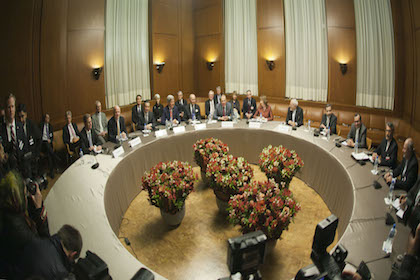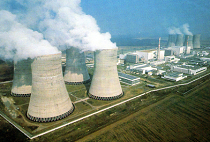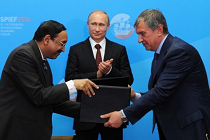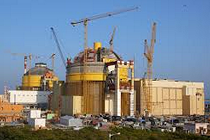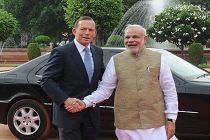The United Kingdom of Oil
UK may be on its way to becoming a petro state, again, on back of an oil discovery that may be a whopping 100 billion barrels. The world is awash with cheap energy, and Indian companies need to seize the opportunity to acquire upstream energy assets.



